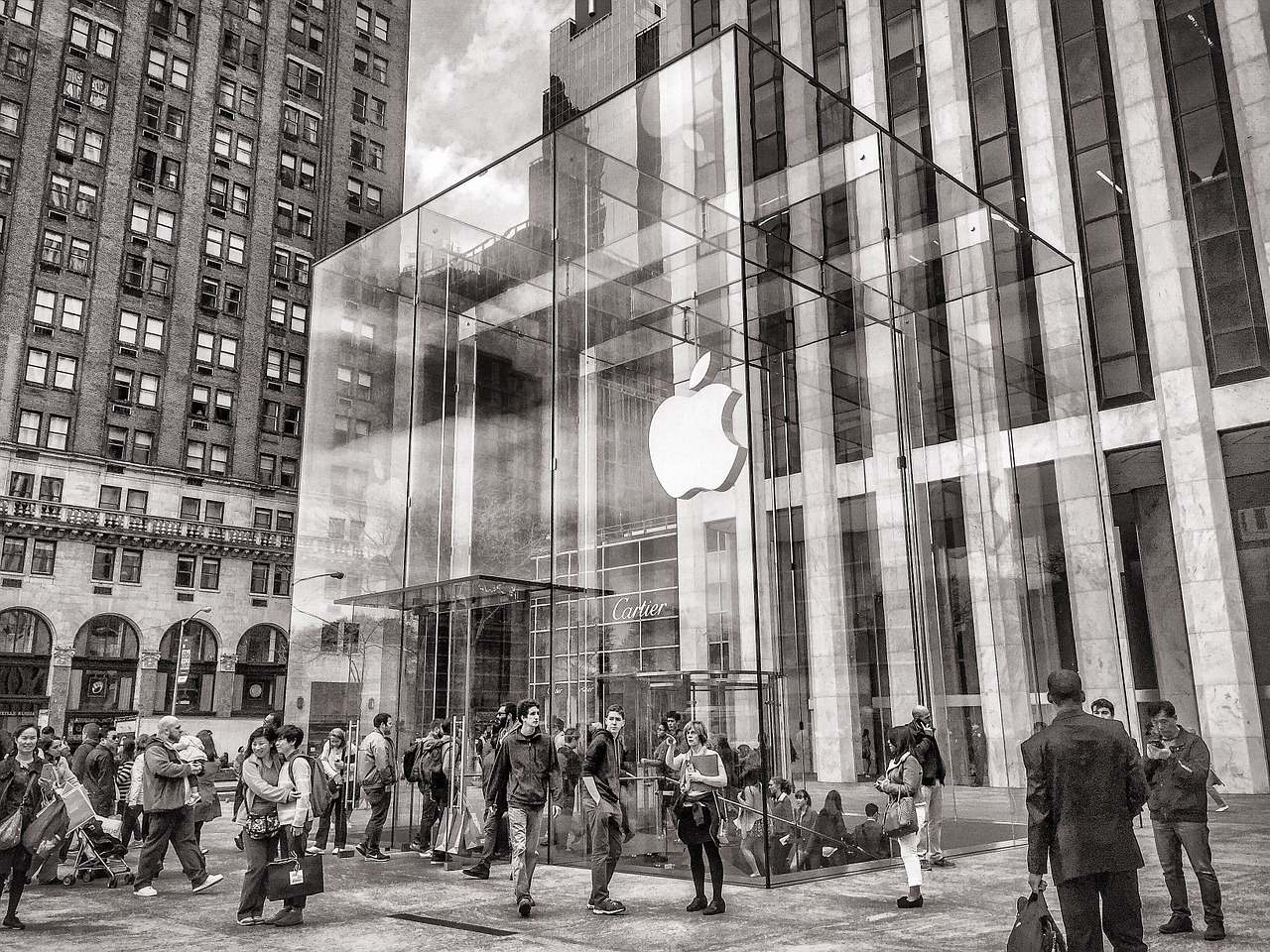Steve Jobs started out an idealist and ended up a realist. This is the path most of us are on. But Steve Jobs’ smartphone technology has ushered in a new age with the potential to make his idealist visions a reality.
Collaborative consumption, impossible without the iPhone, may help wring waste out of the global economy so that overproduction is a thing of the past and the environment, as a victim of overconsumption, will begin to heal. But if this is to happen, many challenges not even Jobs was naïve enough to believe in, must be solved.
Will the Great Disruption Have a Happy Ending?
The internet, mobile devices, and social media have completely transformed the way we eat, interact, live, socialize, shop, travel, and consume information and media. This period in history is being referred to as “The Great Disruption” as our lives are speeding up along with our blood pressures. And this great watershed is a global phenomenon.
The idea of collaborative consumption means sharing property of any kind to anyone through a number of internet-based sharing services. Of course, there are the ride-sharing services like Uber and Lyft and DriveMyCar and apartment and home-sharing services like Airbnb. The Freedom Boat Club allows us to rent boats. But as people share more and more, they are beginning to run up against cold hard realities like regulations that can result in legal trouble and damage to property we have shared.
For example, homeowners are now renting property using Airbnb and are being charged with fraud because they have applied for and received a homestead exemption on their private residence on which they are now making money. In some jurisdictions, Airbnb is being ruled out completely by local boards or stripping homeowners who rent their property of their homestead exemption, significantly increasing their yearly tax bill.
Another issue with the sharing or collaborative consumption economy is a lack of mutual trust between those providing services and those consuming them. Setting expectations on behavior and use of rented property is not as easy for private homeowners as it is for commercial establishments.
Many believe that being successful in the sharing economy is as simple as downloading an app to a smartphone. But the sharing economy is actually a can of worms that is likely to be messy for years to come as new regulations are put in place.
The following video presentation, “The Case for Collaborative Consumption” by Rachel Botsman explains how humans are now “wired to share.”







